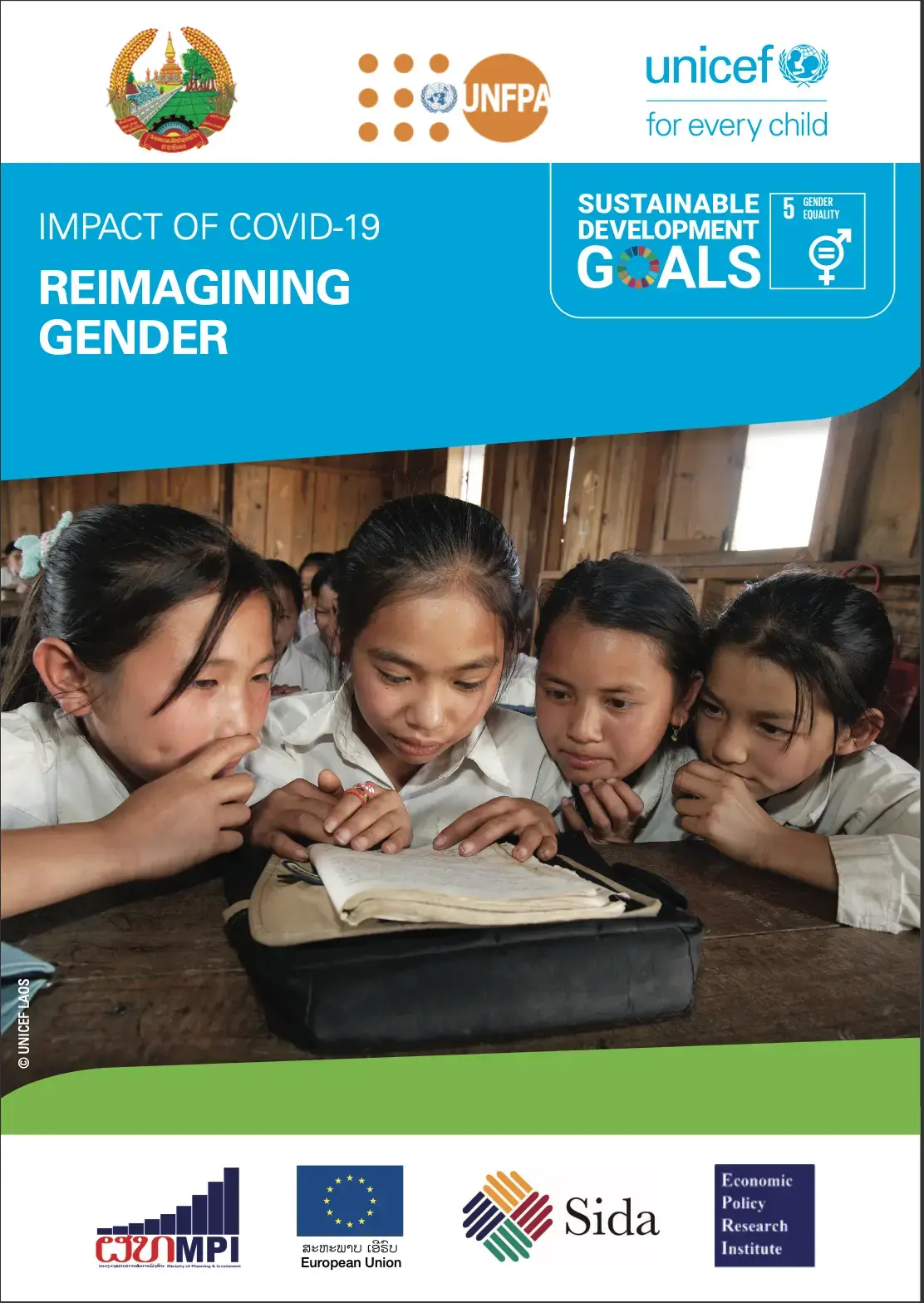The gendered impacts of infectious disease outbreaks have been well-documented in the most recent epidemics, such as Zika, SARS and Ebola. Ebola demonstrated the powerful effects of the combination of a health and economic shock, and the effects of public health measures on women. The COVID-19 pandemic has exposed both the higher incidence and intensity with which women experience poverty and vulnerability compared to men.
Impacts of COVID-19 on livelihoods, poverty, health, food security and nutrition are being felt globally, but for women, women-led households and young adolescent girls and children, the gravity of impact is far higher. The heightened risk is either an outcome of structural differences between the livelihood sources of men and women or the impact of gender bias on access to basic goods and services. The gendered differences in access to human capital accumulation opportunities (i.e., health and education), agency and economic opportunities are fuelled by unequal social norms and power structures. Gender norms and practices collectively predisposition women for worse outcomes. The COVID-19 pandemic has exposed the depth and extent of these gender inequalities that persist in many societies across the globe.



